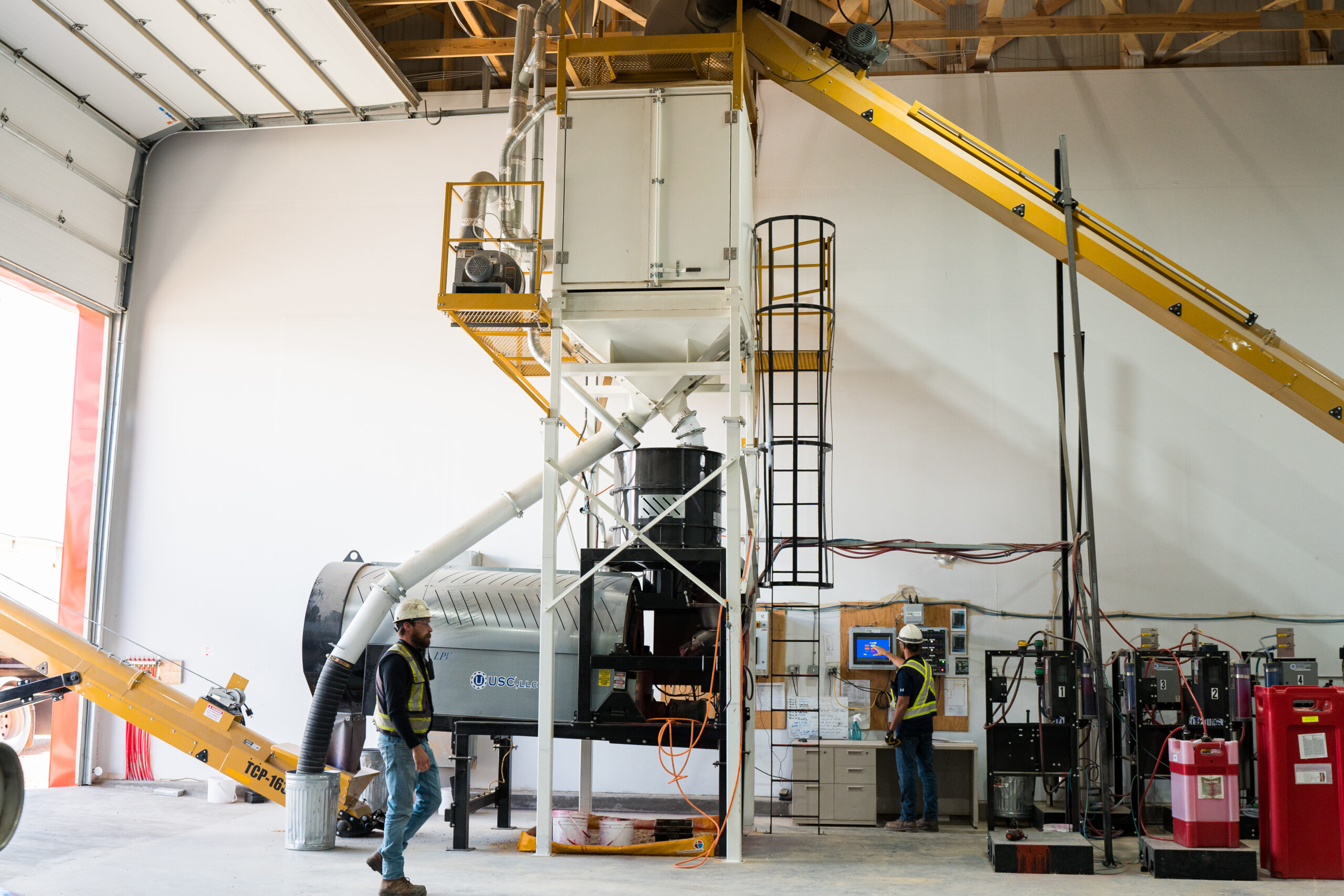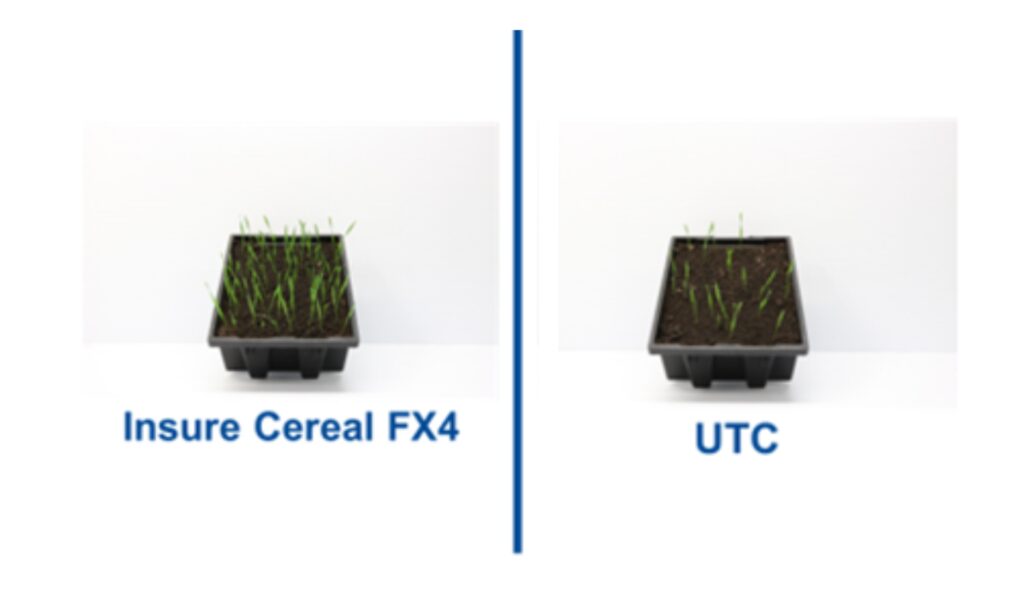
Test Your Cereal Seed Quality Before Seeding
In recent years, seed establishment across Western Canada has exhibited considerable variability, primarily driven by unpredictable environmental conditions. Some areas have experienced reduced springtime moisture levels, while others have grappled with lower-quality grain resulting from unexpected snowfall – both posing difficulties for seedling development. Moreover, the persistent presence of fusarium head blight in many cereal production areas remains a significant concern.
Regional Considerations
Due to these challenges, Richardson Pioneer’s CropWatch™ agronomy team recommends testing seed in the fall to better understand product lot quality. “Testing seed is a crucial first step in our crop planning process. [Having] quality seed is setting up the year for success and gives the crop the most potential,” says Tess Strand, Richardson Pioneer Senior Agronomic Solutions Advisor.

Although quality is concern number one, it is also important to protect seed from pathogens that can be present in the soil. A common misconception is that as the weather warms up, stress levels on seedlings decrease and it’s no longer necessary to rely on seed treatments. In actuality, many pathogens are most active and are more virulent at 15 to 20°C making them just as detrimental as they are at cooler temperatures. Using a seed treatment under all conditions is an investment that should be made on every field, every year, regardless of conditions.
“I look at seed treatment as an insurance policy. We buy insurance to protect ourselves. Protecting seed when it is most vulnerable is a crucial contributor to overall yield. Seed treatment is a targeted, effective tool for farmers to protect their investment. It helps crops reach their full potential. It also aligns with programming for many InVigor growers in our geography.”
Shanon Ladouceur
Area Marketing Representative, Southern Alberta
Reasons to Test
The decisions made at seeding affect the potential of your crop for the rest of the season and there is only one chance to do it right. Diseases like smuts and bunts in cereals can be avoided with the use of a seed treatment but without it, there is no other time to manage them. Other diseases, like fusarium, can increase the levels of inoculum present in the soil and can reduce your plant stand if not managed appropriately. This increase in inoculum could also increase your risk of FHB in subsequent cereal crops in that field. Proactively conducting a disease test and using a seed treatment are all part of an integrated approach to managing potential diseases.
Understanding your seed quality and on-seed disease levels can help you identify potential problems and provides a valuable opportunity to avoid them. Testing your seed is a relatively inexpensive investment compared to the value of the information gained.

Seed- and soil-borne diseases like fusarium root rot and rhizoctonia seed rot can significantly impact cereal crops and that’s why Strand says it’s important to give your crops a clean start with the broad-spectrum protection that seed treatments offer.
“Insure Cereal FX4 is proven to be effective. We have a fairly high fusarium pressure in eastern Saskatchewan and so using it has made disease control a lot more manageable.”
Cereal FX4 provides four modes of action to deliver broad-spectrum defense against key seed- and soil-borne diseases to protect your investment. Its Plant Health Benefits1 provide more uniform emergence, enhanced seedling vigour and better management of minor stress to help achieve your target plant population2. It’s also formulated for reduced viscosity and optimized usability to enhance ease-of-use during treating.
“Insure Cereal FX4 is a strong product to manage seed and soil borne disease,” Strand emphasizes. “By using quality seed treatments, you are preventing build up of inoculum in the soil to manage disease pressure and seed quality in the long-term. Early season stress is also mitigated by the plant health benefits of the product – it truly gives the crop the best possible start.”
Adapted from BASF Farm Post Article Farm Post (basf.ca)
